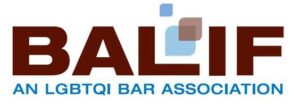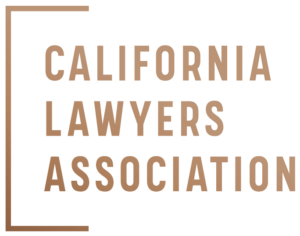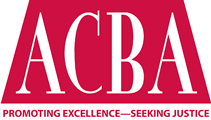Reading the Opinion: Fulton et al. v. City of Philadelphia, Pennsylvania, et al.
The Supreme Court’s ruling in favor of Catholic Social Services (CSS) was reported as truly abhorrent, allowing entities to claim exemptions from anti-discrimination laws based on religious grounds (in other words, granting religious rights a higher status and priority over the right to be treated equally). The ruling does not in fact do this. While it may signal the present Court will side with religious rights, this should not be a watershed case. The unanimous ruling written by Roberts (joined by the remaining progressive justices) makes clear that the problem with the City of Philadelphia refusing to extend the contract with CSS to screen potential foster parents was that 1) the city contract provision requiring non-discrimination of same-sex individuals was not both neutral and equally applicable because it contains an entirely discretionary mechanism for the Commissioner to make individualized exceptions to compliance; and 2) the service provided under the contract by CSS is not a public accommodation under Philadelphia’s Fair Practices Ordinance. Notably, too, no same sex couple had applied to be screened by CSS. Lastly, while invited to do so and chided by the concurrence for not touching the question, the Court refused to overturn Employment Div., Dept. of Human Resources of Ore. v. Smith, 494 U. S. 872 (1990), the precedential case holding that laws incidentally burdening religion are ordinarily not subject to strict scrutiny under the Free Exercise Clause so long as they are neutral and generally applicable.







